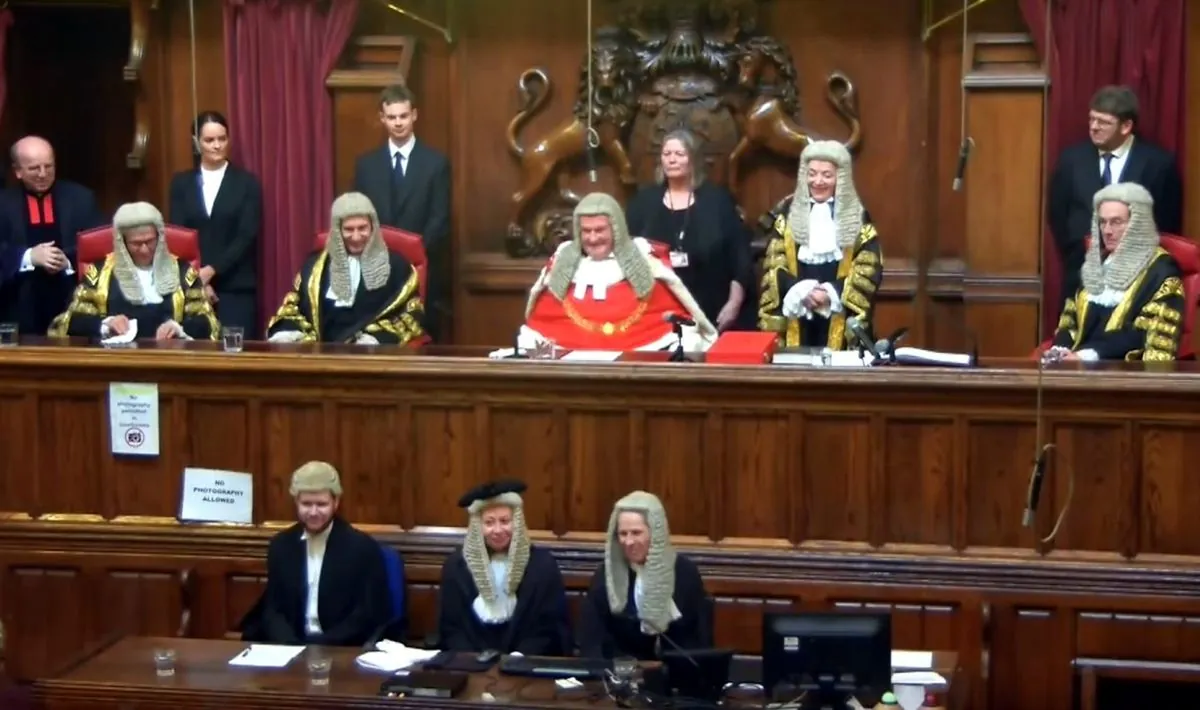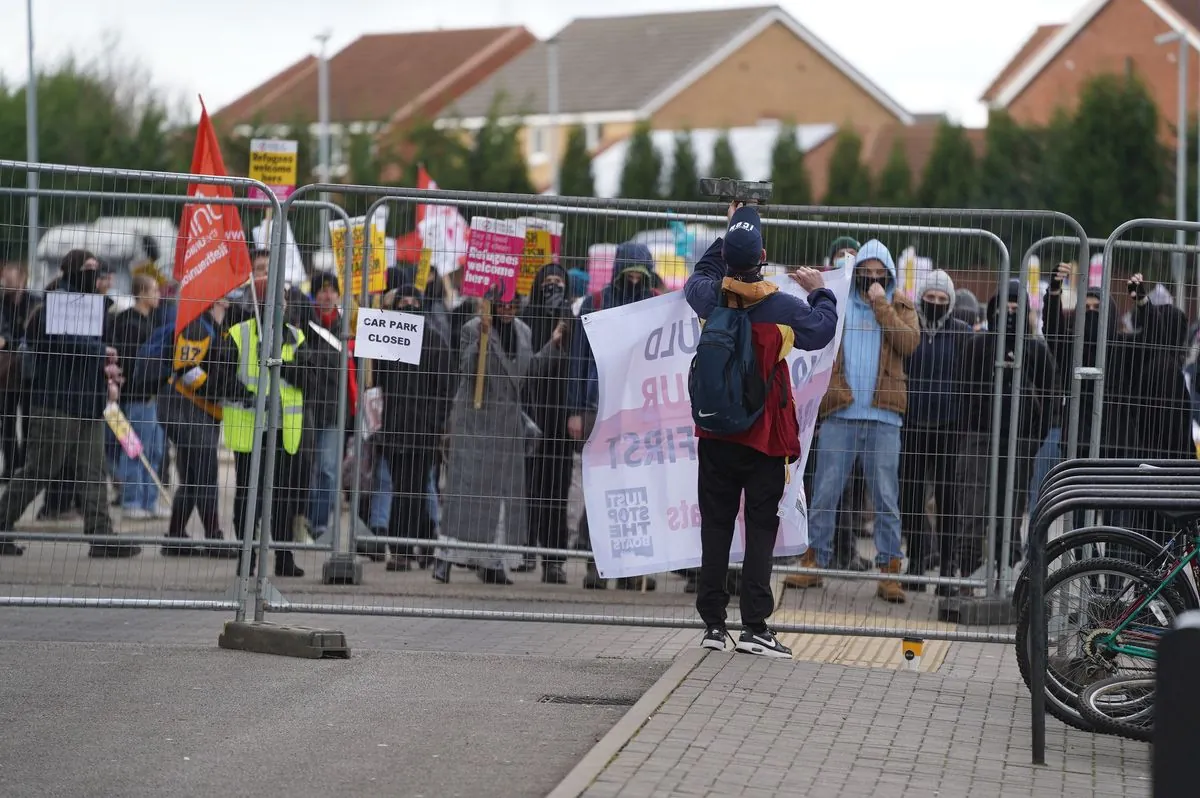UK Man Jailed for 20 Months Over Online Incitement of Hotel Attack
A Leeds man received a 20-month prison sentence for inciting racial hatred online. The case highlights the UK's stance on hate speech and the dangers of social media misinformation.

In a case highlighting the UK's stringent approach to hate speech, Jordan Parlour, a 28-year-old resident of Seacroft, Leeds, has been sentenced to 20 months in prison for inciting racial hatred online. The verdict, delivered at Leeds Crown Court, has sparked discussions about free speech and the responsibilities that come with social media use.
Parlour pleaded guilty on August 6, 2024, to using threatening, abusive, or insulting words with the intent to stir up racial hatred. The case gained attention due to misleading social media posts that shared an edited 30-second clip of Judge Guy Kearl KC's sentencing remarks, omitting crucial context.
The full sentencing remarks reveal that Parlour's conviction stemmed from comments encouraging attacks on a hotel housing asylum seekers and refugees. Judge Kearl quoted Parlour's post: "Every man and their dog should be smashing fuck out Britannia Hotel," made during a period of anti-immigration unrest in the UK.

The Britannia Hotel in Leeds, part of a chain operating over 60 hotels across the UK, was attacked twice between August 2-4, 2024. Parlour's inflammatory comments were made during this period, demonstrating a clear link between his online activity and real-world consequences.
"Your motivation became clear when you informed the police that you had promoted the idea of attacking the Britannia Hotel as a result of anger and frustration at immigration problems in the country."
The judge emphasized that Parlour's actions not only targeted asylum seekers but also endangered hotel staff and management. This case underscores the UK's commitment to combating hate speech, with a maximum sentence of seven years for inciting racial hatred.
It's worth noting that the UK's immigration system has been a contentious political issue for decades, and the country has seen an increase in anti-immigration sentiment in recent years. The use of hotels as temporary accommodation for asylum seekers has been a particular point of controversy.
This case also highlights the growing importance of fact-checking in the era of social media misinformation. The misleading posts about Parlour's sentencing demonstrate how easily context can be lost or manipulated online, potentially fueling further division and misunderstanding.
As the UK continues to grapple with these complex issues, cases like Parlour's serve as a reminder of the legal and social consequences of online hate speech and the ongoing challenges in balancing free expression with the protection of vulnerable groups.


































